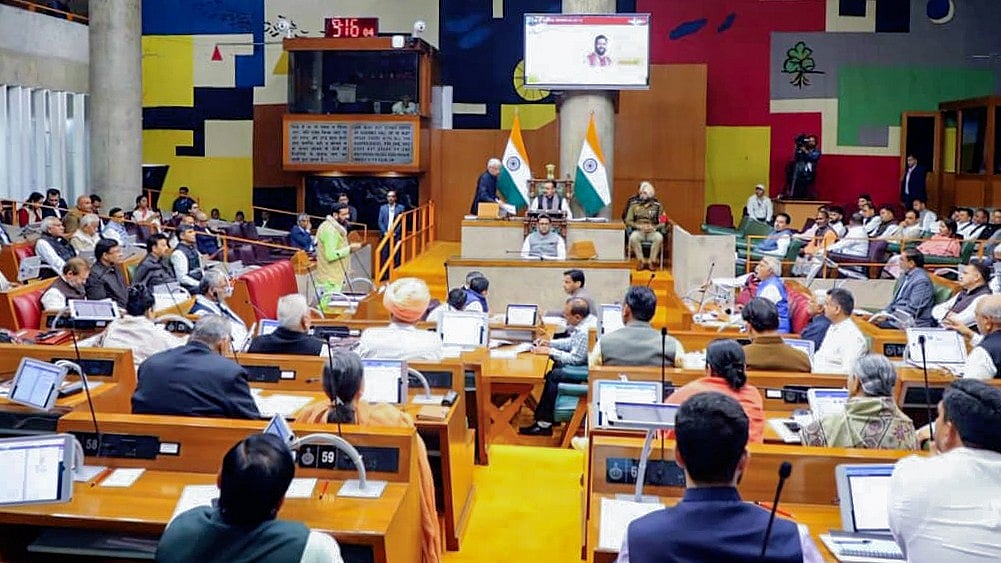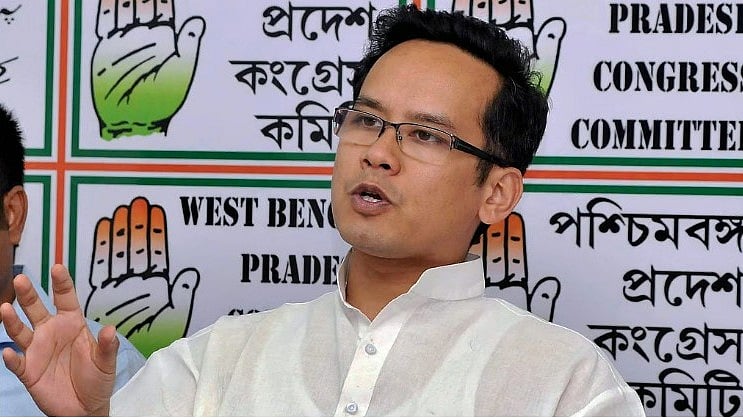Considered a childhood infection, measles is caused by a virus from the Paramyxovirus family. Although it was deadly and common almost two decades ago, it is now preventable if the person takes the required vaccine. In the current scenario, measles is an endemic disease, meaning that people have developed resistance to the disease. However, in a population that has not been exposed to measles, exposure can be devastating – in fact, worldwide it infects about 10 million people and causes about 100,000 to 200,000 deaths each year (primarily in children). The disease was described by the Persian physician Rhazes in the 10th century as “more to be dreaded than smallpox”.
Measles is also called Rubeola, and even though it is fatal in adults, it is even more dangerous in small children. Since 2016, global measles rate has increased by almost 50%, and in 2019 alone claimed 2,07,500 lives. After being exposed to the virus, signs and symptoms of measles begin to appear 10-14 days later. Some common symptoms of measles include fever, dry cough, runny nose, sore throat, inflamed eyes or Conjunctivitis, tiny white spots with bluish-white centres on a red background found inside the mouth (also called Kolpik’s Spots) and skin rashes. While measles on its own is not dangerous, it can cause complications that can be fatal. The most severe complications include blindness, Encephalitis (an infection that causes brain swelling), severe Diarrhea & related dehydration, ear infections, or severe respiratory infections such as Pneumonia. Also, about 90% of susceptible people exposed to a person with the measles virus will be infected.
As a disease, measles is highly transmissible, and a person who has the virus can spread it to others, starting four days before the rash appears and ending when the rash has been present for four days. Therefore, severe measles has a higher rate of transmission among homeless children and undernourished infants. Additionally, if these children have a weakened immune system, they are also at an increased risk.
The best way to prevent measles is by taking the vaccine, as it cuts down the risk of infection drastically. By 2017, around 85% of the children worldwide had received one dose of measles by their first birthday, and 67% have received their second dose. There has been a sharp drop of almost 80% in measles deaths between 2000 and 2017 around the globe, making the measles vaccine a very effective tool in the fight against these dreaded diseases.
In India, states with measles immunization campaigns effectively decreased the number of deaths caused by the disease. The success of two-dose measles vaccination campaigns at reducing deaths in India can help boost the vaccination rate and encourage parents to immunize their children. In India, measles vaccination is given under the Universal Immunisation Programme at 9-12 months of age and the second dose at 16-24 months. As mentioned before, young children, who don’t receive measles immunization, are at the highest risk of measles and its complications, including death.
If you or any person that you know, shows symptoms of measles, it is vital to reach out to a healthcare expert at the earliest. To get a prognosis for measles, your doctor will ask you to get your blood, secretions from your nose/throat and urine tested. Since this is a contagious disease, the patient must isolate until they can no longer transmit the virus. Also remember, if you do get the virus, there are no medications available, and you will have to wait for the virus to run its course. If your child gets measles, do not give them any medicine without the specialist's advice.
(The writer is Director-Internal Medicine, Fortis Hiranandani Hospital, Vashi)




